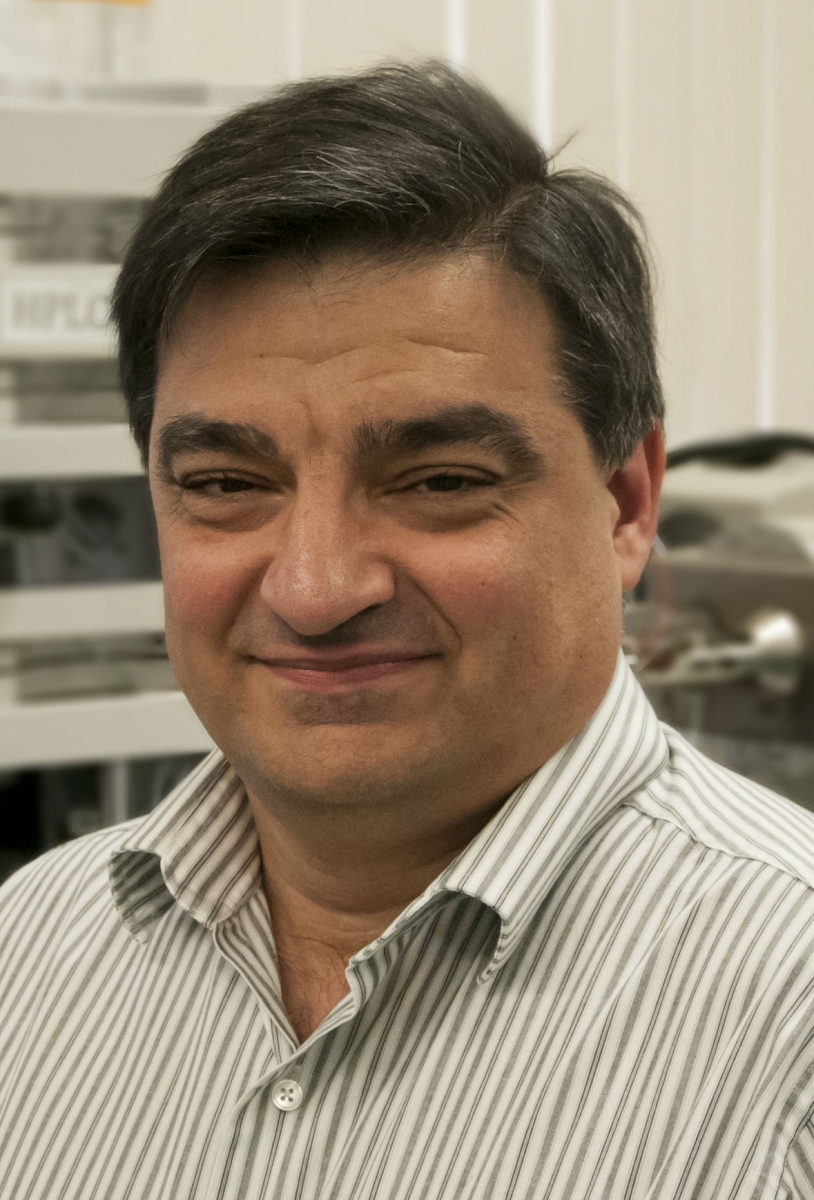Therapeutic selective targeting of BAFF receptors
Abstract
The loss of B cell tolerance to self-antigens can lead to the production of pathogenic autoantibodies that characterize autoimmune diseases, such as systemic lupus erythematosus (SLE). In healthy individuals, competition for a limited supply of the survival factor BAFF plays a key role in the elimination of autoreactive B cells. In SLE patients, BAFF levels are elevated, which lead to increased numbers of peripheral self-reactive B cells, heightened B cell activation, and autoantibody production. Despite compelling evidence for a substantial contributory role for BAFF to SLE pathogenesis, belimumab, a human IgG1? mAb that binds and neutralizes soluble BAFF, offers only a modest clinical benefit at best. Understanding how excess BAFF promotes SLE pathology is complicated by the fact that three distinct receptors bind BAFF: BR3 (also called BAFF-R), BCMA, and TACI. BR3 mediates survival and maturation of immature B cells, whereas BCMA promotes plasma cell survival. TACI is essential for central B cell tolerance and acts as a negative regulator of the B cell compartment. Here we propose to develop selective antagonists directed against the BR3 receptor and the BCMA receptor. By eliminating BAFF signaling coupled to the survival of B cells (BR3-mediated) and plasma cells (BCMA-mediated) while sparing TACI signaling necessary for central B cell tolerance, we will selectively inhibit the disease-promoting aspects of BAFF signaling.




